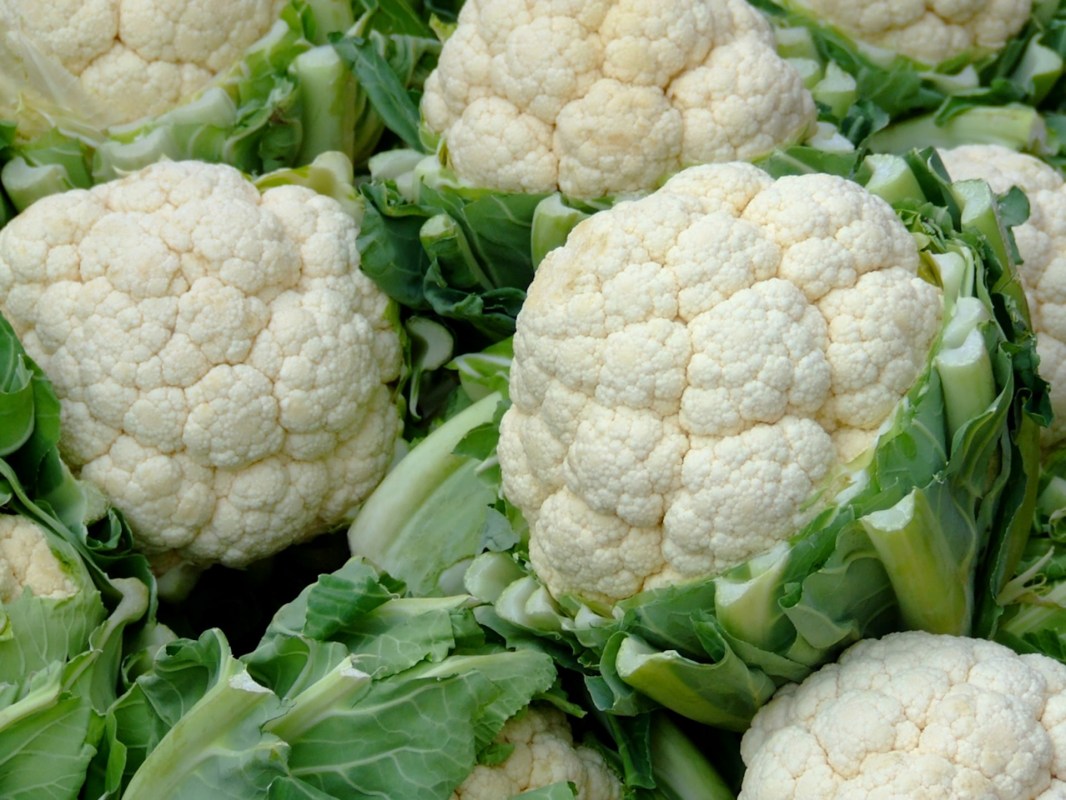An agricultural science company based in Switzerland has created a new type of cauliflower that stays white for longer and can deliver savings in both labor and production.
Syngenta hopes to bring the "destinica" cauliflower varieties to market in the coming years, describing it as a "totally new concept of Cauliflower varieties" and boasting about its unique qualities.
According to the company, the cauliflower curds — or the flowering head of the plant — can remain white after harvest and even after being exposed to sunlight.
It's said that this sun-blocking ability means there is no need to cover the curds manually before harvest, which could result in a 50% reduction in labor requirements when compared to a previous variety developed by the company known as "andromeda."
Meanwhile, Syngenta says that the destinica cauliflowers can offer an extended shelf life, allowing consumers to keep the vegetable for longer and avoid unnecessary food waste. The company is working on trying to achieve different growing cycles to provide regular quality to the food supply network.
Genetically engineering hardier, more tolerant fruit and vegetable varieties — like these heat-resistant apples designed by scientists at the University of Maryland — is essential as the world grips with a rapidly changing climate.
With human-caused pollution accelerating the rate of global heating and wreaking havoc on tomato and olive crops, just to name a few, farmers have to adapt to these changes to account for a potential loss of crops in adverse conditions.
The sun-tolerant qualities of these cauliflowers, for example, will ensure the finest examples of the vegetable can be brought to market, even as bright and warm days become more common.
With an increasing global population, too, the need for durable vegetables is essential to keep up with rising food demand.
It's not just food that is being genetically engineered to make a difference in a changing environment.
A startup in France is creating plants with 30 times more air-purifying qualities than usual, which will benefit people in urban areas affected by toxic gases and particulate matter emitted from the tailpipes of dirty fuel–powered vehicles.
Join our free newsletter for weekly updates on the coolest innovations improving our lives and saving our planet.









